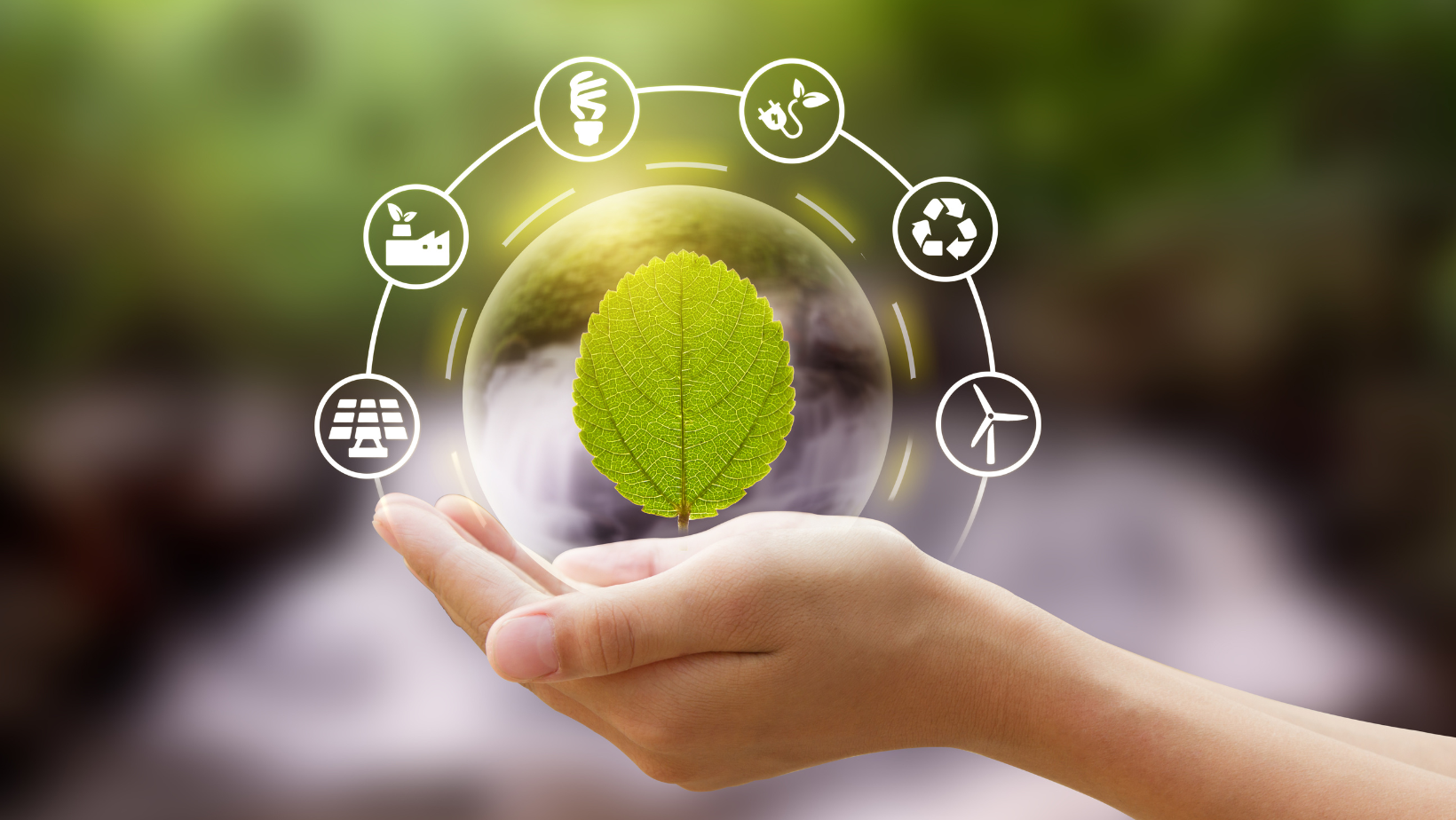It’s not all about Chips…Progressive and Sustainable development makes us stronger
Who says Emerging Technologies are all about chips, streams of electrons, blockchain, and binary coding? They're just as much about the people behind the chips: people like Geoffrey Hinton (godfather of AI and machine learning), Alan Turing (tortured progenitor of the modern computer), and, of course, John Goodenough, who you might never have heard of, but Goodenough was largely responsible for pioneering creation of lithium-ion batteries (for which he picked up a Nobel Prize in 2019). And without lithium-ion batteries, there would be no rechargeable cell phones, no rechargeable laptop computers, and pretty much no electric cars as we know them today…more or less, anything you can now plug in and recharge wouldn't exist without Professor Goodenough. Just think about that moment: you may never have heard of him, but our daily lives wouldn't be the same without him.
Sadly, John Goodenough passed away on Sunday at the grand old age of 100: he was the oldest person ever to receive the Nobel Prize (at ninety-seven). He once quipped that you could do anything if you just lived to ninety-seven: but it helps if you're a fully functioning genius in the first place.
In the words of Goodenough's Nobel Prize citation, he made "… a fossil fuel-free world possible: [the lithium-ion battery] is used for everything from powering electric cars to storing energy from renewable sources". And, of course, those are big, bold claims that resonate directly on the feasibility of our ambitions for a more sustainable future: so let's test them, shall we…by reference to just one of the sectors mentioned by the Swedish Academy… Electric Cars.
Lithium-Ion Batteries and Electric Cars…Chicken and Egg?
The most recently available statistics disclose an incredible 65% surge in demand for lithium-ion batteries for use in the automotive sector (www. www.iea.org): rising sharply from 330 GWh in 2021 to 550 GWh last year, and that, in turn, closely tracks a 55% growth in new electric car sales worldwide. Local trends were even more striking. China recorded a 70% increase in battery demand last year, and an 80% increase in new sales, and the United States' battery demand rose by 80% over a single year (although recent sales were more sluggish: increasing annually by 55% to the end of 2022).
So, that's what the chicken looks like, but what about the egg? Where are all those rare mineral resources coming from to make the batteries in the first place…
The surge in demand for lithium-ion batteries has radically overloaded our available natural resources, with demand consistently exceeding supply through the end of 2022. Even though aggregate lithium, cobalt and nickel production increased by 180% in the preceding five years (far beyond the average 2022 production figures), they must keep pace with Professor Goodenough's brainchild. And remember, those rare resources are also key constituents in any number of clean energy technologies: so, which comes first? The chicken or the egg…should we strive to reduce demand for lithium and the other rare earth minerals essential for future sustainability or work harder to harbour our planet's precious resources instead? After all, turbo-charged mining operations to extract limited lithium, cobalt, and nickel reserves are hardly good for the environment.
It's a tough call. But, ironically perhaps, emerging technologies can themselves provide the answer: with advanced battery solutions (such as the "glass battery" Professor Goodenough was working on at the time of his death), other technical pathways might now be opening up, requiring fewer quantities of scarce materials: with the added promise of optimal (smaller) battery sizes, increased overall efficiencies, and the potential for enhanced recycling methods too.
As one door closes, another opens: making it even easier to distinguish the chicken from the egg. And right now, somewhere on the planet, some other pathfinder is being born to continue the trailblazing work of John Goodenough. We'll all be better off for it…because it's not all about chips.
Executive Overview
I was sad to hear of the passing this week of Professor John Goodenough: he changed our lives in so many ways, but the intrinsic tensions of emerging technologies are always prone to open another door.
Invest in Red Ribbon Asset Management

Red Ribbon Asset Management (www.redribbon.co) aims to harness the full potential of fast evolving and emerging technologies to meet the needs of global communities as part of a circular economy, fully recognising the compelling demands of planet people and profit.



.jpg?width=150&height=150&name=light-trails-buildings%20(1).jpg)
.jpg?width=150&height=150&name=modern-buildings-riverbank%20(2).jpg)


Leave a Reply